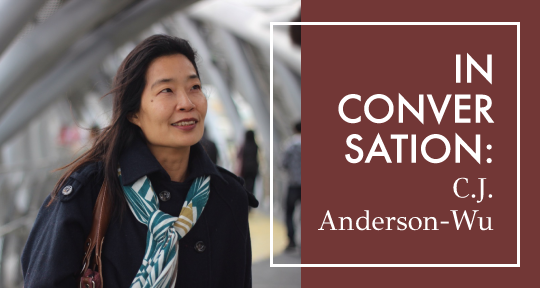The disparities of COVID-19’s grip over us is becoming gradually more apparent as certain countries celebrate recovery, while others continue to shelter in place. In Taiwan and Japan, processions are resuming after the interruption, with film festivals and award announcements taking over headlines, while in the US the situation remains somehow at once unpredictable and static. In Taiwan, reportage literature seeks to reset old injustices; in Japan, the prestigious Akutagawa Prize reveals its nominees; and in the US, a beloved literary event is put off for another year. Read our editors’ dispatches from the ground here!
Vivian Szu-Chin Chih, Editor-at-Large, reporting for Taiwan
The 2020 United Daily News Literary Prize has been awarded to the Malaysia-born Sinophone novelist, Chang Kuei-hsing (張貴興), who has been living in Taiwan for the last four decades. The prestigious award went to the author’s latest novel, 野豬渡河 (Wild Boar Crosses the River) which depicts his hometown in Malaysia, Sarawak—a city occupied by the Japanese in the 1940s. Asymptote has previously featured Chang’s “Siren Song” (translated by Anna Gustafson) in our Winter 2016 issue.
The Taiwanese author notable for his reportage literature, Lan Bozhou (藍博洲), will soon have new book published by Taipei’s INK Publishing in July: 尋找二二八失蹤的宋斐如 (Searching for the Missing Song Feiru in the February 28 Incident ). Consistent with Lan’s previous focus on giving a voice to the victims of Taiwan’s White Terror (1947-1987), this new work again inquires into the difficult question of the whereabouts of Song Feiru, a Taiwanese intellectual and founder of a newspaper criticizing the government in the 1940s. The namesake of the book was kidnapped by the Kuomintang and went missing after the outbreak of the infamous February 28 Incident in 1947.
Although the global situation of COVID-19 has been rapidly evolving with uncertainty, Taiwan has luckily arrived at a relatively safe status, and many local activities are resuming this summer as a result. The island-wide screenings of Xin Qi’s (辛奇, 1924-2010) films from mid-July to late-November, and the Golden Horse Classic Film Festival (with the theme of the beloved Italian director, Federico Fellini) from late-July to mid-August, are among the events leading this trend of recovery in Taipei. Xin Qi was one of the few prolific and prominent Taiwanese-language film directors in the 1960s, whose five cross-genre cinematic works have been digitally restored by the Taiwan Film and Audiovisual Institute, and will be screened around Taiwan’s theatres, both new and old, during the festival. As for the Golden Horse Classic Film Festival, it is a part of the global tribute to Fellini’s 100th birthday anniversary (“Fellini 100”), and will broadcast twenty-four of the director’s films, most of which are 4K versions, freshly restored. READ MORE…


